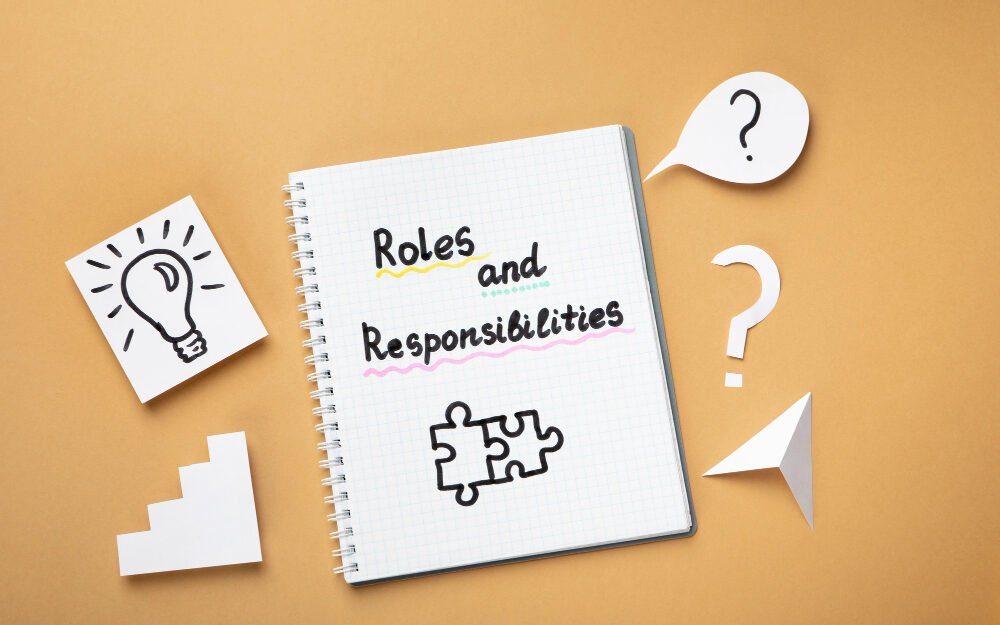Table of Contents
Cultivating Resilience in Challenging Times
Introduction
In the face of adversity and uncertainty, Cultivating Resilience in Challenging Times becomes a vital skill. It’s the ability to bounce back from setbacks, adapt to change, and maintain well-being despite challenging circumstances. This blog aims to delve into the essence of resilience, exploring its components, and providing actionable strategies to foster resilience during tough times.
Understanding Resilience

Image Credit Freepik
Why do some people seem to cope with these difficult times better than others? Although each person’s situation is different, it is true that resilient people are more tolerant of the emotional stress caused by difficult times. The more resilient you are, the better you can tolerate the feelings of stress, anxiety, and sadness that accompany trauma and adversity, and the better you can find a way to bounce back from setbacks.
Resilience is not an innate trait but rather a set of skills and attitudes that can be developed and strengthened over time. It’s the capacity to navigate adversity, manage stress, and come out stronger on the other side.
Factors Influencing Resilience
Several factors contribute to an individual’s resilience, highlighting few of them as below:
Support System
A strong network of supportive relationships provides emotional sustenance during tough times. Whether it’s family, friends, mentors, or support groups, having a reliable support system can significantly enhance resilience.
Adaptability
Resilient individuals possess adaptability—they can pivot and adjust when faced with unexpected challenges. Being flexible in thinking and actions helps in navigating through difficult situations more effectively.
Mindfulness

Image Credit Freepik
Practicing mindfulness techniques like meditation, deep breathing exercises, and mindful awareness helps in managing stress, enhancing self-awareness, and fostering resilience in the face of adversity.
Embracing Change and Growth
Resilient individuals view setbacks as opportunities for growth. They embrace change and focus on learning and evolving from their experiences, turning adversity into opportunities for personal development.
Strategies to Cultivate Resilience
Building a Support System
Talking to friends and family when you’re going through difficult times can help reduce stress, improve your mood, and make sense of changes and obstacles. Instead of feeling like you’re dealing with your problems alone, you can gain strength and build resilience by relying on others. The people you interact with don’t necessarily have the answers to the problems you face; They should be willing to listen to you without criticism. In reality, what you say or the words you use often doesn’t matter. It’s human interaction eye contact, a smile, or a hug that can affect how you feel.
Developing and nurturing relationships is key to resilience. It’s about reaching out, fostering connections, and seeking support when needed. Whether it’s through social gatherings, joining communities, or seeking professional help, having a support system is crucial.
Developing Adaptability
If you are overly sensitive to emotional stress and have difficulty coping with hardship or adversity, it is important not to mistake this for some kind of character flaw. Flexibility is not a sexist characteristic; It is an ongoing process that requires effort to build and maintain it over time.
Whether you’ve faced adversity at some point in your life, you’ve likely found a need or opportunity to develop resilience. Drawing on past experiences can help you overcome challenges you face today. Even if you have difficulty coping with past adversity, you will at least be able to recognize some coping mechanisms that are not helpful.
Resilience thrives on adaptability. It involves being open to change, adjusting one’s mindset, and being flexible in response to various situations. Embracing change rather than resisting it is fundamental to building resilience.
Practicing Mindfulness
Although we all react differently to stressful events, many of us try to protect ourselves by refusing to acknowledge the reality of what is happening. After all, by denying that you are going through a crisis, you can fool yourself into believing that you still have some sense of control over events that are normally out of your control.
While denial may have some positive functions (for example, it may give you the opportunity to recover from the shock of a traumatic event), over time it will only prolong your pain. Denial will prevent you from adapting to a new situation, prevent you from finding solutions or taking action, and hinder the healing process.
Mindfulness practices offer tools to manage stress and build resilience. Techniques like meditation, mindfulness exercises, and being present in the moment enhance self-awareness and emotional regulation.
Embracing Change and Growth

Image Credit Freepik
Resilience involves reframing setbacks as opportunities for personal growth. This mindset shift enables individuals to learn from challenges, adapt, and move forward with renewed strength.
The Role of Self-Care in Resilience
Self-care is foundational to resilience. Prioritizing physical, emotional, and mental well-being is essential for building the strength needed to navigate adversity. Engaging in activities that promote relaxation, such as exercise, adequate sleep, hobbies, and self-reflection, contributes to building resilience.
Conclusion (Cultivating Resilience in Challenging Times)
Cultivating resilience isn’t about avoiding challenges but developing the capacity to navigate them effectively. By nurturing supportive relationships, fostering adaptability, practicing mindfulness, and embracing change, individuals can strengthen their resilience.
The journey towards resilience involves patience, self-reflection, and practice. It’s about building inner strength, adaptability, and a mindset geared towards growth and learning from experiences.
FAQs (Cultivating Resilience in Challenging Times)
Q1: Can resilience be learned? A1: Yes, resilience is a skill that can be developed through practice, self-reflection, and adopting resilient attitudes and behaviors.
Q2: How can mindfulness help in building resilience? A2: Mindfulness practices enhance self-awareness and emotional regulation, which are crucial elements in developing resilience.
Q3: Is resilience the same as being tough or unemotional? A3: Resilience involves acknowledging emotions and effectively managing them while navigating challenges. It’s not about suppressing emotions but about resilience amidst adversity.
Q4: How important is having a support system in cultivating resilience? A4: A strong support system provides emotional strength and guidance, significantly contributing to building resilience during difficult times.
We thank you for reading our post “Cultivating Resilience in Challenging Times”
Read More
The Science Behind Happiness and Ways to Cultivate a Happier Life 2023
Click Here for similar stories!